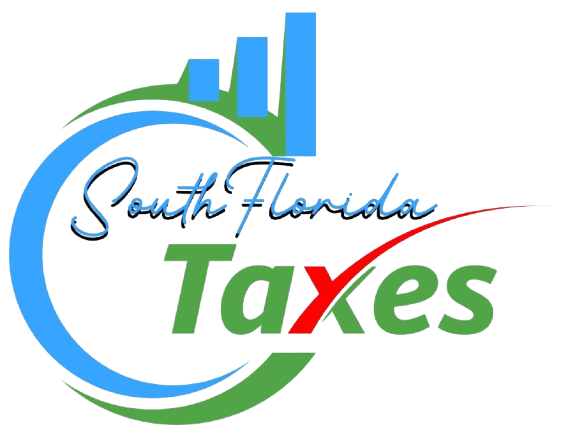General Tax Prep Tips
Gather Your Essential Documents
Start early and collect all necessary documents. This includes:
- W-2 forms from all employers
- 1099 forms for freelance or contract work
- 1098 forms for mortgage interest
- 1095 forms for health insurance coverage
- Investment income statements (1099-DIV, 1099-INT, 1099-B)
- Records of charitable donations
- Last year’s tax return
Consider Your Filing Status
Your filing status can significantly impact your tax liability. Options include:
- Single
- Married Filing Jointly
- Married Filing Separately
- Head of Household
Let’s break down the key areas you need to consider:
Wage Earners: Maximizing Your Employment Benefits
- 401(k) Contributions: Ensure you’re maximizing your 401(k) contributions. For 2024, the limit is $23,000, with an additional $7,500 catch-up contribution if you’re 50 or older.
- Health Savings Account (HSA): If you have a high-deductible health plan, max out your HSA contributions. These offer triple tax benefits: tax-deductible contributions, tax-free growth, and tax-free withdrawals for qualified medical expenses.
- Flexible Spending Accounts (FSAs): Don’t forget to use the funds in your FSA before they expire.
Investment Income and Equity Considerations
Thanks to all of the new technology we’ve integrated into the way we handle your business, all of the information you need is right at your fingertips. With features such as:
Stock Options (ISOs/NSOs):
- Review your vesting schedule and consider the tax implications of exercising options.
- For ISOs, be aware of the Alternative Minimum Tax (AMT) implications.
- For NSOs, remember that the spread at exercise is taxed as ordinary income.
Restricted Stock Units (RSUs):
- Keep track of vesting dates and the fair market value at vesting.
- Consider tax withholding strategies to avoid underpayment penalties.
Employee Stock Purchase Plans (ESPP):
- Review your ESPP purchases and any dispositions during the year.
- Understand the tax implications of qualifying vs. disqualifying dispositions.
Capital Gains:
- Review your investment portfolio for tax-loss harvesting opportunities.
- Consider the timing of sales to optimize between short-term and long-term capital gains rates.
Relocation & State Taxes
If you moved to a new state this year, make sure you’ve taken the right steps for state tax purposes:
- Update Your State Tax Withholdings: Notify your employer or payroll provider of your new address to adjust withholdings accordingly.
- Part-Year Resident Returns: If you moved between states, you’ll need to file part-year resident returns in both your old and new states.
- Track Your Move Dates: Maintain detailed records of your move date and residency changes, as they’ll be crucial for tax filing.
Charitable Contributions: Maximize Your Deductions
Donating to charity isn’t just rewarding—it can also lower your taxable income. Consider these giving strategies:
- Donor-Advised Funds (DAFs): Donate to a DAF to get an immediate tax deduction while spreading out your charitable giving over time.
- Qualified Charitable Distributions (QCDs): If you’re 70½ or older, you can make tax-free donations directly from your IRA.
- Appreciated Stock Donations: Donating stocks that have appreciated in value can help you avoid capital gains taxes while still claiming the full market value of the donation as a deduction.
Catch Up on Past Tax Returns
If you haven’t filed your taxes for previous years, now is the time to catch up. Remember, you can generally only claim refunds for the past three years, so don’t leave money on the table.
COVID-Related Distributions & Remote Work Deductions
- COVID-Related Distributions: If you took a distribution from your retirement account in 2020 due to COVID, you may be eligible to repay it within three years for a tax refund.
- Remote Work Deductions: If you worked from home in 2023, track any eligible home office expenses, especially if you’re self-employed or a freelancer. You may be able to claim deductions for business-related home office costs.
Remember, proper preparation isn’t just about avoiding problems—it’s about seizing opportunities. Let’s make this your most financially rewarding tax season yet.

